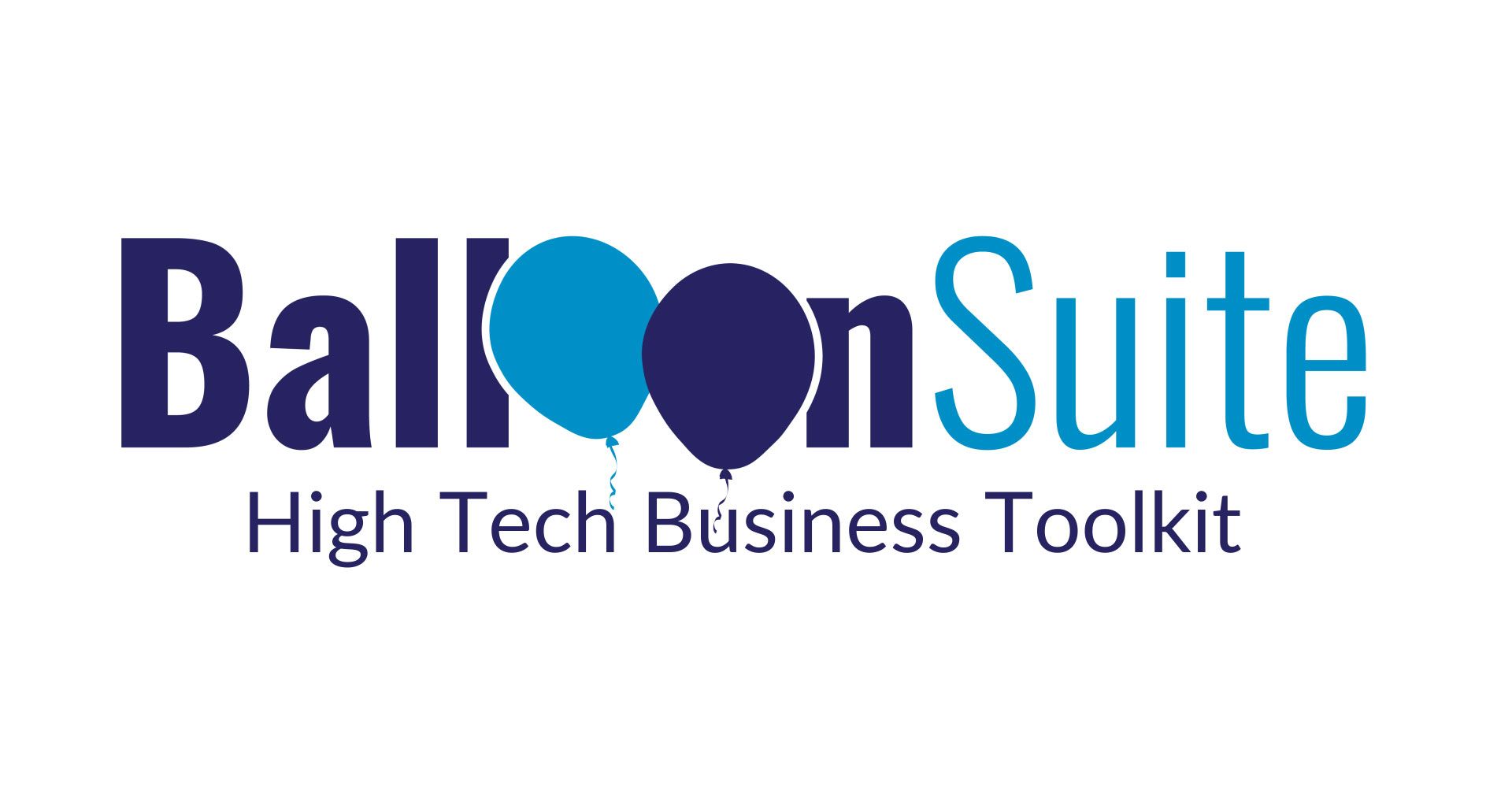Transitioning Your Balloon Business from a Studio to a Home-Based Space
The decision to transition your balloon business from a commercial studio to a home-based setup can be both exciting and challenging. Whether motivated by changes in family dynamics or the desire to reduce overhead costs, this shift requires careful planning and a strategic approach. This article will guide you through the process, offering practical tips on optimizing your home workspace, managing your schedule, marketing your business, and maintaining professionalism, all while operating from the comfort of your home.
Assessing and Optimizing Your Home Workspace
Choosing the Right Space
The first step in transitioning your business to a home-based setup is identifying the right space for your operations. Common areas in the home that can be repurposed for your balloon business include:
- Garage: Often the most practical option, a garage offers ample space and separation from the living areas of your home.
- Basement: If you have a basement with adequate ceiling height, it can be an ideal location for storing supplies and inflating balloons.
- Spare Room: A spare bedroom can be converted into a dedicated workspace, offering privacy and climate control.
Key Considerations:
- Size: Ensure the space is large enough to accommodate your equipment, supplies, and workspace needs.
- Accessibility: The space should be easily accessible for both you and any delivery or pick-up services.
- Climate Control: Balloon materials are sensitive to temperature and humidity, so climate control is crucial.
Creative Space Solutions
Transitioning from a commercial studio to a smaller home-based setup often requires creativity in maximizing space. Consider the following solutions:
- Vertical Storage: Install floor-to-ceiling shelving to maximize vertical space. This approach helps keep the floor clear, making it easier to navigate and maintain an organized workspace.
- Hanging Storage: Utilize hooks and PVC pipes or EMT (electrical metallic tubing) suspended from the ceiling for storing lighter items, such as ribbon spools or small tools.
- Off-Site Storage: If space is extremely limited, consider renting a storage unit for excess inventory or completed balloon arrangements waiting for delivery.
According to experts in home organization, decluttering and utilizing vertical space are key strategies in maintaining an organized and efficient workspace .
Organizing Your Balloon Inventory
Efficient inventory management is critical when working from home, where space is limited. Here are some tips to streamline your inventory:
- Minimize Stock: Reduce unnecessary balloon stock by focusing on high-demand items. Regularly review your inventory and eliminate products that are slow-moving or less profitable.
- Label Everything: Clearly labeled bins and containers make it easier to find what you need quickly, saving time and reducing stress.
- Use Clear Bins: Opt for clear storage bins to easily identify contents without needing to open each container.
Efficient inventory management not only saves space but also improves productivity by reducing the time spent searching for supplies .
Managing Your Schedule and Family Life
Creating a Balanced Schedule
One of the biggest challenges of running a home-based business is balancing work and family life. Creating a structured schedule is essential to maintaining this balance. Here’s how you can achieve it:
- Use a Calendar: Digital tools like Google Calendar allow you to color-code different types of commitments, such as family activities, business tasks, and personal time. This visual separation helps prevent overbooking and ensures you allocate time for all aspects of your life.
- Set Boundaries: Clearly define your working hours and communicate these to your family. This helps create a routine and ensures that your business tasks don’t encroach on family time.
- Include Family Activities: Schedule family activities, such as dinner or school drop-offs, as non-negotiable appointments. This reinforces the importance of family time and helps maintain a healthy work-life balance.
According to a study on work-life balance, clearly defined boundaries and structured schedules are critical to avoiding burnout and maintaining productivity when working from home.
Maintaining Family Harmony
When your business operations are integrated into your home, it’s important to ensure that your family remains supportive and understanding. Here are some strategies:
- Involve Your Family: Explain to your family, especially children, how your business contributes to the household. This understanding can foster a sense of shared responsibility and pride in the business’s success.
- Designate Quiet Zones: Establish quiet zones in the house during work hours, especially if you have client calls or need to focus on detailed tasks.
- Flexibility: Be flexible with your schedule when necessary, especially during school holidays or family events. This flexibility is one of the main advantages of working from home.
By involving your family in your business’s success and maintaining open communication, you can create a supportive environment that benefits both your business and family life.
Marketing and Client Communication from Home
Presenting Your Business Professionally
One concern when transitioning to a home-based business is maintaining a professional image. Here’s how to ensure your clients perceive your business as just as professional as it was when operating from a commercial studio:
- Reframe Your Messaging: Instead of highlighting that you are now home-based, emphasize the benefits of your new setup. For example, mention your reduced overhead costs, which allow you to offer more competitive pricing or personalized services.
- Communicate Changes Effectively: Inform your clients about the transition through email or social media. Frame the change as a strategic move to better serve their needs. For example, "To better serve our clients, we are now operating from a private studio and accepting orders online."
According to marketing experts, how you frame changes in your business can significantly impact client perception and ensure continued trust and loyalty.
Client Interaction Tips
When clients need to pick up orders or meet with you, it’s important to maintain professionalism while also considering the impact on your household. Here are some strategies:
- Designated Pick-Up Spots: If possible, create a designated pick-up area outside your home, such as in the garage or a covered porch. This keeps clients from entering your living spaces and maintains a professional boundary.
- Clear Communication: Provide clear instructions to clients about pick-up procedures. For instance, ask them to text you when they arrive instead of ringing the doorbell, which can disturb your family.
- Minimize In-Home Visits: Whenever possible, minimize the need for clients to come into your home. Consider offering delivery services for a small fee or partnering with a local business for pick-up locations.
These practices help maintain a professional image and protect your family’s privacy.
Financial and Legal Considerations
Understanding Tax Deductions and Write-Offs
One of the financial benefits of operating a home-based business is the ability to claim certain tax deductions. Here’s what you need to know:
- Home Office Deduction: If you use a portion of your home exclusively for business, you may be eligible for the home office deduction. This allows you to deduct a percentage of your mortgage or rent, utilities, and maintenance costs based on the square footage of your home office.
- Business Expenses: Other deductible expenses may include office supplies, business-related travel, and a portion of your internet and phone bills.
To maximize your tax savings, it’s important to keep detailed records and consult with a tax professional to ensure you’re taking advantage of all available deductions.
Insurance and Liability
Operating a business from home changes the insurance landscape. Here’s what to consider:
- Homeowner’s Insurance: Most homeowner’s insurance policies do not cover business-related losses. You may need to purchase additional coverage or a separate business insurance policy.
- Liability Insurance: Consider adding liability insurance to protect against potential lawsuits related to your business operations. This is especially important if clients will be visiting your home.
Understanding your insurance needs and ensuring you have adequate coverage is crucial to protecting both your personal and business assets.
Maintaining Professionalism and Growing Your Business
Maintaining a Professional Image
Even though you’re operating from home, it’s important to maintain a high standard of professionalism. Here’s how:
- Consistent Branding: Ensure that your branding remains consistent across all platforms, including your website, social media, and marketing materials. This consistency reinforces your professional image.
- High-Quality Customer Service: Continue to provide the same level of customer service as you did when operating from a studio. Respond promptly to inquiries, deliver orders on time, and maintain clear communication with your clients.
Maintaining a professional image helps ensure that your clients continue to see you as a trusted and reliable service provider.
Strategies for Business Growth
Transitioning to a home-based setup doesn’t mean your business has to stagnate. Here are some strategies to continue growing your business:
- Focus on High-Margin Products: With limited space, it’s important to prioritize products that offer the highest profit margins. Review your sales data and identify which products are the most profitable, then focus your marketing efforts on promoting these items.
- Leverage Online Marketing: With the shift to a home-based setup, online marketing becomes even more crucial. Invest in improving your website’s SEO, engage with your audience on social media, and consider running targeted online ads to attract new clients.
- Offer Personalized Services: Use your home-based setup to offer more personalized services that may not have been possible in a larger studio. For example, offer custom balloon arrangements that clients can order online and pick up at a designated time.
By focusing on high-margin products and leveraging online marketing, you can continue to grow your business and increase profitability.
Resources For More Planning
Small Business Administration (SBA) - Home-Based Business Guide:
The SBA provides comprehensive resources and guidelines for starting and managing a home-based business, including legal considerations, tax information, and tips for maintaining productivity.
IRS - Home Office Deduction:
The IRS offers detailed information on how to calculate and claim the home office deduction, which can help reduce your taxable income if you use a portion of your home exclusively for business purposes.
HubSpot - Guide to Creating a Productive Home Office:
HubSpot provides a practical guide with tips on setting up a home office that maximizes productivity, which is crucial for maintaining efficiency when transitioning to a home-based business.
Entrepreneur - Managing Work-Life Balance When Running a Home-Based Business:
This article from Entrepreneur offers strategies for balancing work and family life, which is a common challenge when moving your business into your home.
Disclaimer: This publication and the information included in it are not intended to serve as a substitute for consultation with business consultants and professionals. Specific business, financial, legal issues, concerns and conditions always require the advice of appropriate professionals. Any opinions expressed are solely those of the participant and do not represent the views or opinions of Balloon Suite.













